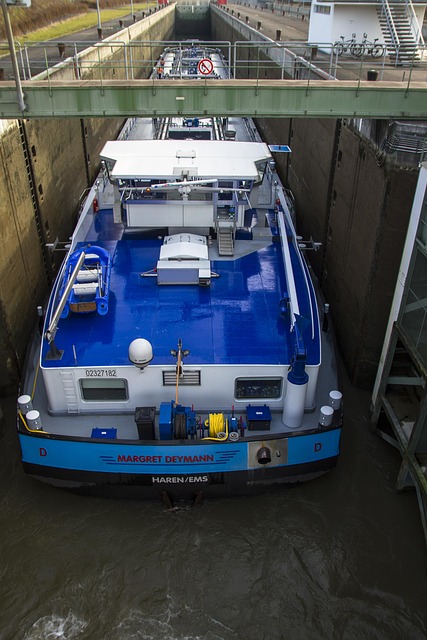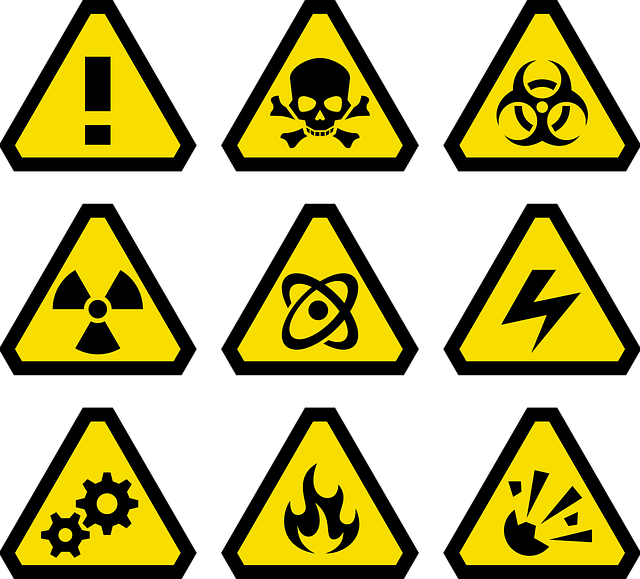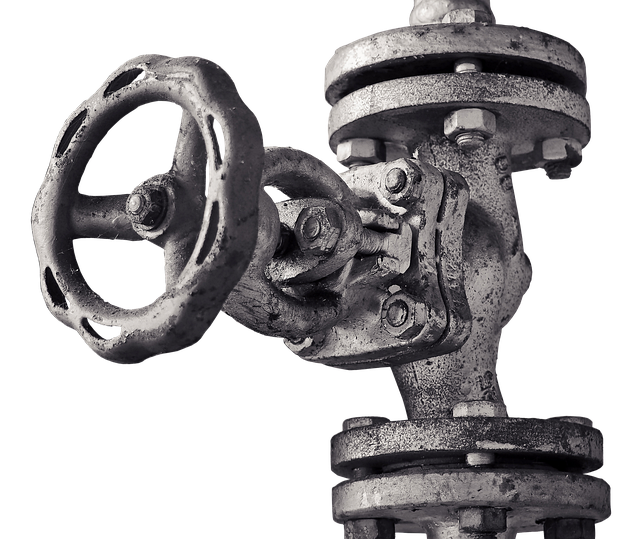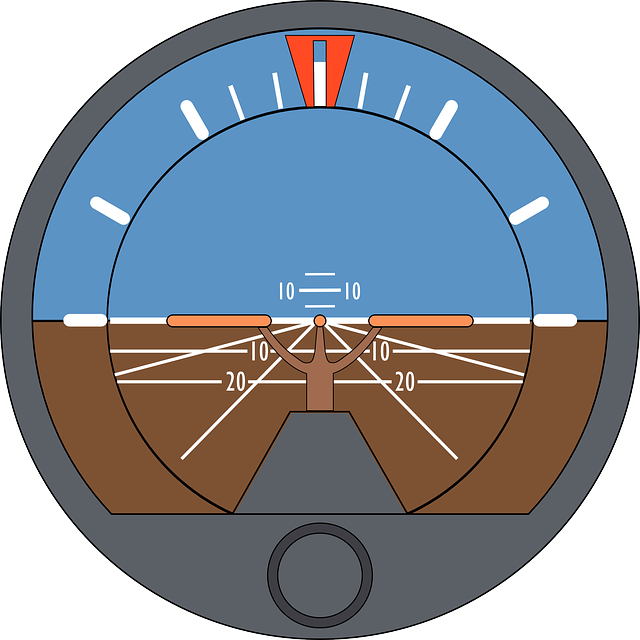The Valvel Leak Training Unit is a specialized simulator for emergency response teams, replicating real-world tanker scenarios to practice valve control and leak management under high-pressure conditions. Through interactive simulations, personnel gain hands-on experience in identifying leaks, activating protocols, and managing product flow, enhancing overall preparedness and reducing risks during actual emergencies. This tool, as part of Emergency Product Transfer (EPT) simulators, improves safety protocols and emergency readiness across various industries.
In the high-stakes world of hazardous material transport, efficient emergency product transfer is crucial. This is where tanker simulator technology steps in, offering a safe and controlled environment for vital valve leak training. A valve leak training unit (VLTU) simulates real-world scenarios, enhancing operator skills in managing critical situations. This article explores the benefits of VLTUs, effective training strategies, and how these innovations contribute to safer tanker operations, ensuring preparedness against potential disasters.
- Understanding Valve Leak Training Unit
- Benefits of Emergency Product Transfer Simulators
- Effective Training Strategies for Tanker Safety
Understanding Valve Leak Training Unit

The Valvel Leak Training Unit is a specialized simulator designed to prepare emergency response teams for efficient and safe handling of product transfers in critical situations. This innovative training tool replicates real-world tanker scenarios, allowing operators to practice valve control and leak management under simulated high-pressure conditions. By familiarizing personnel with the intricate mechanics of valves and their potential failures, the unit enhances overall preparedness and reduces risks during actual emergency responses.
Through interactive simulations, the Valvel Leak Training Unit offers a safe environment for operators to gain hands-on experience. They learn to identify different types of valve leaks, activate emergency protocols, and efficiently manage product flow while minimizing environmental impact. This rigorous training empowers teams to make swift decisions and execute precise actions during time-sensitive incidents, ensuring the safety of personnel and surrounding areas.
Benefits of Emergency Product Transfer Simulators

Emergency Product Transfer (EPT) simulators, including specialized valve leak training units, offer a multitude of benefits for preparing and training response teams in hazardous material handling. These immersive training tools allow professionals to practice complex scenarios in a controlled environment, enhancing their skills and readiness. By simulating real-world conditions, such as pipeline breaks or tank failures, the simulators provide an effective means to familiarize personnel with emergency procedures, equipment usage, and safe response strategies.
Moreover, these advanced training systems enable cost-efficient and frequent practice sessions, ensuring that teams maintain proficiency without exposing themselves or the environment to actual risks. This continuous training is crucial in mitigating potential disasters, as it sharpens reflexes and instills confidence in handling critical situations involving hazardous products. With their ability to replicate diverse scenarios, EPT simulators prove invaluable for improving safety protocols and emergency preparedness across various industries.
Effective Training Strategies for Tanker Safety

In ensuring the safety and efficiency of emergency product transfers, effective training is paramount. One crucial strategy involves simulated scenarios that mimic real-world conditions, allowing personnel to practice response protocols in a controlled environment. These simulations should cover a wide range of potential issues, including valve leak training units, to prepare them for rapid and accurate problem-solving. By integrating interactive elements and hands-on activities, trainees can develop proficiency in critical skills like isolating faulty valves and implementing emergency shutdown procedures.
Moreover, regular drills and exercises, both virtual and physical, play a vital role in maintaining readiness. Consistent exposure to high-stress situations enables operators to react instinctively during actual emergencies. Incorporating scenarios that challenge problem-solving and decision-making skills further enhances their ability to navigate complex situations. This holistic training approach not only improves individual performance but also fosters teamwork and effective communication among crew members, ensuring a well-coordinated response during critical tankering operations.






